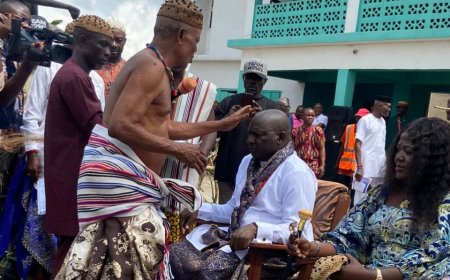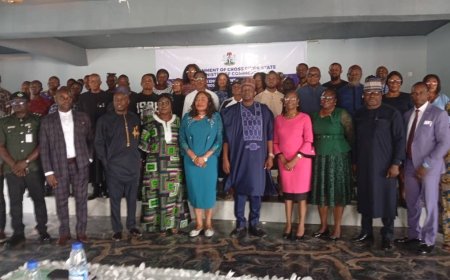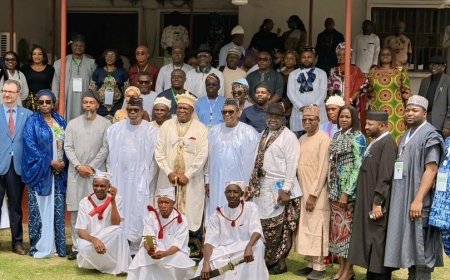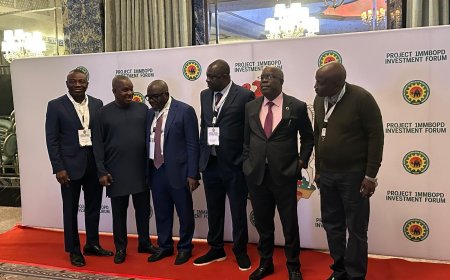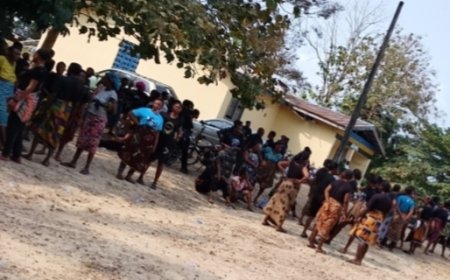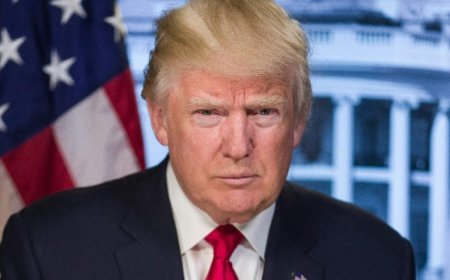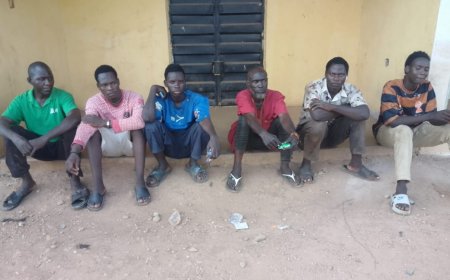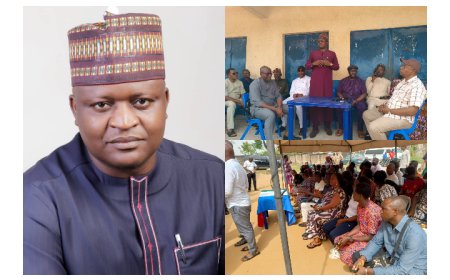Akamkpa Monarchs Adopt Binding Pact to End GBV, Harmful Cultural Practices
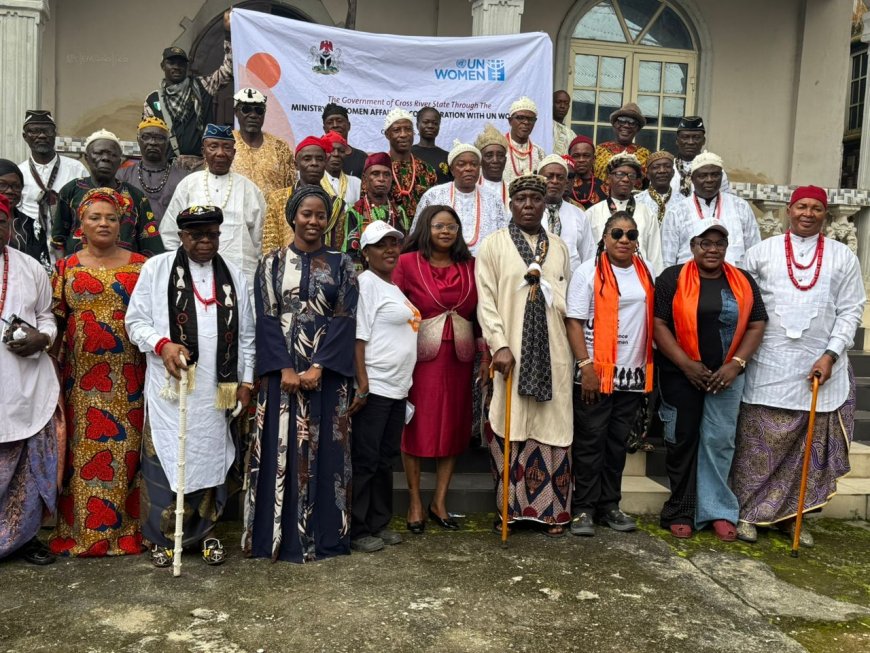
By Isaac Aqua, Guest Writer
Traditional rulers in Akamkpa Local Government Area of Cross River State have taken a landmark step toward eradicating gender-based violence (GBV) and abolishing harmful traditional practices by adopting a binding Community Guideline aimed at protecting the rights and dignity of women and girls.
This milestone followed a four-day high-level dialogue and consultation programme convened by the Cross River State Ministry of Women Affairs, in collaboration with UN Women, and with funding support from the Ford Foundation.
The forum brought together royal fathers, women’s groups, civil society organizations, and legal experts to develop a unified strategy to dismantle deeply rooted cultural norms that perpetuate abuse and inequality at the grassroots level.
In a historic resolution, the Akamkpa Traditional Rulers Council, under the leadership of the Paramount Ruler, His Royal Majesty Ophot Agbor Ewa Ebabni, formally endorsed a Community Pact designed to operationalize the area’s 2024 Public Declaration Against GBV and Harmful Practices.
The Pact Outlaws Harmful Cultural Practices
As part of the pact, several long-standing practices widely regarded as harmful were officially declared abolished. These include female genital mutilation (FGM)—now criminalized under state law—as well as the forceful ejection of women from their homes due to widowhood, childlessness, or divorce.
Moreover, harmful widowhood rites, such as public humiliation and enforced hair shaving, were banned in favor of a dignified mourning period that respects a widow’s rights and humanity.
The pact also reaffirms women’s inheritance rights, stating that widows shall jointly manage family estates with their children and must not be dispossessed or excluded from properties acquired during marriage.
In addition, the traditional leaders strongly condemned rape and all forms of sexual violence, pledging zero tolerance. This aligns with the Cross River State Violence Against Persons Prohibition (VAPP) Law of 2021, which prescribes life imprisonment for rape and prohibits out-of-court settlements. While inappropriate dressing was deemed culturally inappropriate, the pact emphasizes that it can never be used as a justification for violence or abuse of any kind.
Legal and Community Sanctions Will Be Enforced
To ensure full compliance, the pact introduces a two-tiered system of penalties. Legal sanctions will be enforced for serious offenses, such as FGM, assault, rape, and defilement, in line with the VAPP Law. In addition, community-based sanctions—including public reprimands, traditional fines, withdrawal of titles, and suspension from leadership or ceremonial roles—will be applied to reinforce grassroots accountability.
Clear guidelines were also provided for victim support, ensuring that survivors of GBV will be treated with confidentiality, compassion, and timely access to medical, legal, and psychosocial services.
Certain Disputes Will Be Referred, Not Mediated
Furthermore, the pact outlines the jurisdictional limits of traditional leadership in dispute resolution. While non-violent issues like family disagreements or land matters may still be mediated by community leaders, cases involving rape, child defilement, physical violence, and inheritance denial must be referred directly to law enforcement or the Ministry of Women Affairs.
Monitoring Mechanisms Will Ensure Compliance
To implement these provisions effectively, each community is mandated to establish a GBV Watch Committee to oversee compliance. Additionally, Safe Reporting Focal Points will be appointed within trusted community institutions such as churches, mosques, and women’s associations.
Communities are also expected to hold quarterly evaluation forums to review progress, address emerging concerns, and reinforce community commitment to upholding the pact.
Traditional Leaders Are Bound by Accountability
Importantly, the guideline establishes that any individual including family members, cultural custodians, or community leaders—who aids, abets, or conceals any act of GBV or harmful practice shall face the same legal and community sanctions as the primary offender.
This includes those who facilitate FGM, suppress reports of rape, encourage out-of-court settlements, or deny women access to property or shelter. Such individuals may also be publicly named, fined, or stripped of community honors.
The monarchs and religious leaders also pledged to intensify sensitization campaigns using local languages and platforms to promote awareness on gender justice, nonviolence, and legal protections for women and girls.
Voices of Support Laud the Initiative
UN Women’s representative, Hassana Maina, Esq., commended the traditional rulers for their firm and proactive stand against GBV, stating:
“This is a commendable and culturally powerful action. When traditional authorities take the lead, change happens faster and deeper. This pact is a beacon of hope for women and girls in Akamkpa and beyond.”
Similarly, Hon. Edema Irom, Cross River State Commissioner for Women Affairs, hailed the development as a major victory for gender equity and local ownership of reform.
“Our communities are taking ownership of the fight against GBV. This shows commitment not just on paper, but in practice.”
A Renewed Commitment to Justice and Dignity
By signing and adopting the pact, the traditional rulers of Akamkpa have sent a strong message that harmful traditional practices no longer have a place in a just and modern society.
Under the leadership of HRM Ophot Agbor Ewa Ebabni, and with support from clan heads and religious leaders, the council reaffirmed its role as custodian of peace, equity, and dignity for all citizens of Akamkpa
“Culture should uphold human dignity, regardless of gender,” the Paramount Ruler stated. “Our culture must protect the dignity of our daughters, not disparage their self-worth. We must lead by example to create safe and respectful communities.”
As Akamkpa becomes a model for community-led reform, stakeholders hope this bold initiative will inspire similar action in other parts of Cross River State and across Nigeria at large.







